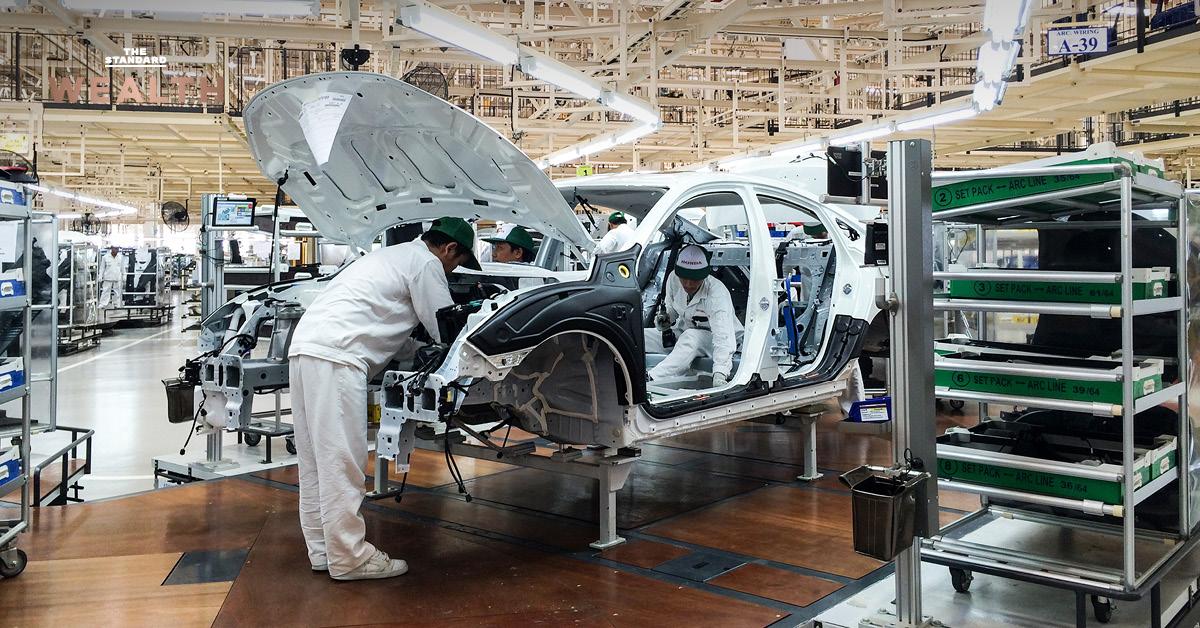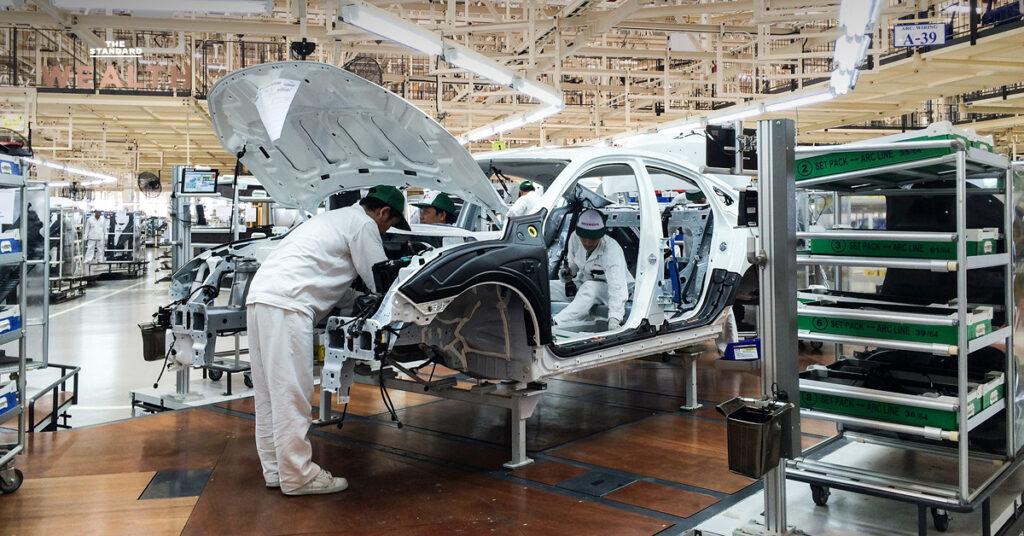
Thai Summit says Thai automotive industry has at least 4 years to adapt to China’s EV trend

The Thai automotive industry is facing a major obstacle from the arrival of EVs, which has led to major changes in manufacturing technology. This obstacle is not only facing factories, but also small suppliers who produce parts for the industry. It seems that these companies may have at least 4 years to cope with the continuous arrival of Chinese EVs.
Ms. Chanapun Juangroongruangkit, Senior Vice President of Thai Summit Group, told Nikkei that Thai suppliers, including Japanese automakers, still have at least four years or a maximum of eight years to adjust to the arrival of Chinese competitors’ electric vehicles.
The report said that Thai parts manufacturers are facing problems with orders from Chinese customers because Chinese EVs can source parts from their own country. In addition, there is a problem with Japanese customers who have been doing business together for a long time, but are now reducing production. Some have closed factories, causing orders to decrease as well.
Ms. Chanapun added that Thai parts companies cannot wait for government protection to compete overseas because brands are now building factories in Thailand and looking for suppliers now, which means that if these parts companies are not selected, they will miss out on opportunities for years and face more competition coming to Thailand later.
The report added that Japanese automakers and Thai suppliers are still able to survive on strong demand for motorcycles and hybrid vehicles, with sales of Japanese hybrid vehicles in Thailand, such as Toyota and Nissan, growing 66% year-on-year in the first seven months of 2024, outpacing growth in EV sales.
However, KKP Research has analyzed that EV may not be the only thing that will affect the Thai automotive industry. There is another important reason: the advancement in seizing market share of automobiles by entrepreneurs from China, which have excess production capacity and the ability to cut prices. This does not only affect personal cars, but will also expand to the pickup truck market, which is the core of the Thai automotive business, including Thailand’s export market as well.
In terms of government assistance measures, KKP Research believes that we must accelerate the development of technological potential, which is an important foundation for the competition of the automotive industry, both at present and in the future. It may be time to review the subsidy measures for electric vehicles (EVs) to reduce distortions in the price structure in the market, including increasing the strictness in determining and inspecting the proportion of domestic raw materials (Local content ratio) to support the Thai parts industry to benefit and have time to adjust to changes.



